Identity of LockBit gang leader revealed
On May 7, a law enforcement coalition led by the UK's National Crime Agency (NCA) announced that Russian citizen Dmitry Yuryevich Khoroshev, 31, was the person behind the alias LockBitSupp, the administrator and developer of the LockBit ransomware.
The US Justice Department also announced an indictment against Khoroshev, charging him with computer crimes, fraud and extortion.
According to the US Justice Department, Khoroshev is from Voronezh, a city in Russia about 300 miles south of Moscow.

The law enforcement coalition has publicized LockBitSupp's identity in press releases, as well as on LockBit's original dark web site, which authorities seized earlier this year.
On this website, the US State Department announced a reward of $10 million for information that could help authorities capture and convict Khoroshev.
The ransomware attack on VNDirect system at the end of March was determined by the authorities to be the work of the LockBit group. The incident caused all data of the company in the top 3 of the Vietnamese stock market to be encrypted and disrupted the company's operations for a whole week.
Problem discovered after chip implantation into human brain
Elon Musk's brain chip company Neuralink said the device it was implanting in its first patient had a problem, it said on May 9.
Elon Musk's Neuralink said the implant had a mechanical problem, with some of the electrode-attached fibers embedded in brain tissue starting to detach themselves from the tissue, affecting the device's operating mechanism.
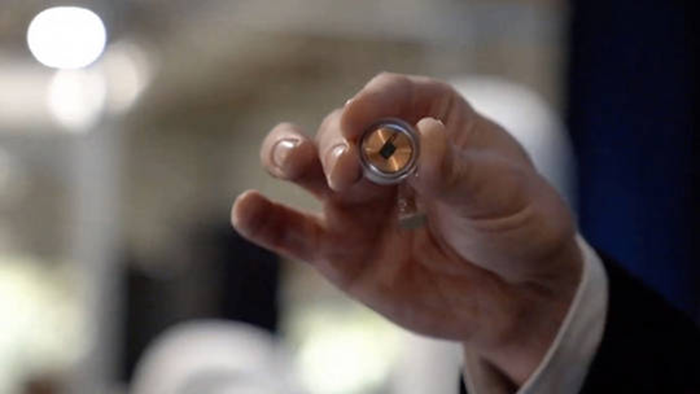
Neuralink has fixed the issue with a new software update. Some experts say Neuralink's problems were predictable.
Before implanting the device in Noland Arbaugh, Neuralink had conducted animal tests. However, Eric Leuthardt, a neurosurgeon at Washington University in St Louis, said that animal brains are smaller, so the electrodes do not move as much as in humans.
The announcement of the complication comes as Neuralink prepares to implant more patients.
TikTok sues the US government
Short video app TikTok is suing the US government over a new law that would force ByteDance to divest from the app or face being banned in the US.
In a lawsuit filed on May 7, TikTok said Congress had "taken the unprecedented step of explicitly singling out and banning TikTok," calling the move "unconstitutional."
The complaint argues that ByteDance's sale of TikTok is impossible and that the law would "force (TikTok) to shut down" by January 19, 2025.
Last month, President Joe Biden signed a bill giving ByteDance nine months to divest TikTok or cease operations in the US, citing national security concerns.
However, the complaint alleges that the government has yet to provide evidence of the Chinese government's misuse of TikTok.
TikTok argues that a ban in the US would be unworkable because it would force TikTok to transfer “millions of lines” of software code from ByteDance to its new owner. In addition, restrictions from the Chinese government would prevent TikTok from being sold with its algorithm.
TikTok is asking the court to rule that the Biden administration's law violates the US Constitution. It also wants an injunction to stop the attorney general from enforcing the law.
US revokes license to sell chips to Huawei
In a statement on May 7, the US Commerce Department said it is constantly evaluating export controls to “best protect national security and foreign policy interests.” A spokesman for the department confirmed that it had revoked some export licenses for Huawei.
Huawei was placed on a US trade blacklist in 2019, which banned US companies from selling technology – including 5G chips – to the Chinese tech giant over national security concerns.
The US is revoking licenses that allowed companies including Qualcomm and Intel to sell chips used in laptops and handsets to Huawei, Reuters reported. The companies were notified on May 7 and the decision took effect immediately.
In a statement, Republican Congresswoman Elise Stefanik said the US Commerce Department's decision to revoke the license would strengthen national security and reduce China's ability to upgrade its technology.
The move could impact Huawei, which relies on Intel chips for its laptops, as well as US suppliers that do business with it.
Source: https://vietnamnet.vn/cong-bo-danh-tinh-ong-trum-lockbit-phat-hien-su-co-sau-ca-cay-chip-nao-nguoi-2279615.html



![[Photo] Binh Trieu 1 Bridge has been completed, raised by 1.1m, and will open to traffic at the end of November.](https://vphoto.vietnam.vn/thumb/1200x675/vietnam/resource/IMAGE/2025/10/2/a6549e2a3b5848a1ba76a1ded6141fae)








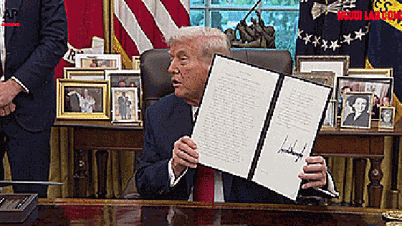

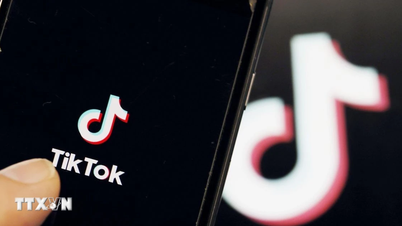




































































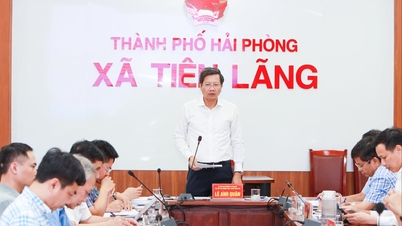
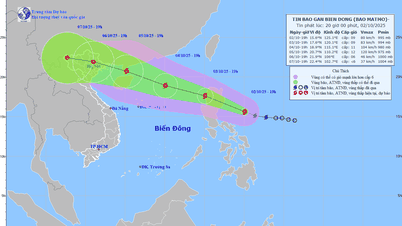




















Comment (0)